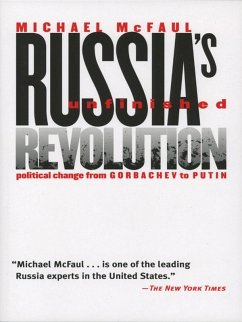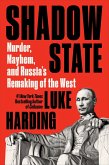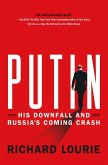For centuries, dictators ruled Russia. Tsars and Communist Party chiefs were in charge for so long some analysts claimed Russians had a cultural predisposition for authoritarian leaders. Yet, as a result of reforms initiated by Mikhail Gorbachev, new political institutions have emerged that now require election of political leaders and rule by constitutional procedures. Michael McFaul-described by the New York Times as "one of the leading Russia experts in the United States"-traces Russia's tumultuous political history from Gorbachev's rise to power in 1985 through the 1999 resignation of Boris Yeltsin in favor of Vladimir Putin.McFaul divides his account of the post-Soviet country into three periods: the Gorbachev era (1985-1991), the First Russian Republic (1991-1993), and the Second Russian Republic (1993-present). The first two were, he believes, failures-failed institutional emergence or failed transitions to democracy. By contrast, new democratic institutions did emerge in the third era, though not the institutions of a liberal democracy. McFaul contends that any explanation for Russia's successes in shifting to democracy must also account for its failures. The Russian/Soviet case, he says, reveals the importance of forging social pacts; the efforts of Russian elites to form alliances failed, leading to two violent confrontations and a protracted transition from communism to democracy.McFaul spent a great deal of time in Moscow in the 1990s and witnessed firsthand many of the events he describes. This experience, combined with frequent visits since and unparalleled access to senior Russian policymakers and politicians, has resulted in an astonishingly well-informed account. Russia's Unfinished Revolution is a comprehensive history of Russia during this crucial period.
Dieser Download kann aus rechtlichen Gründen nur mit Rechnungsadresse in A, D ausgeliefert werden.









